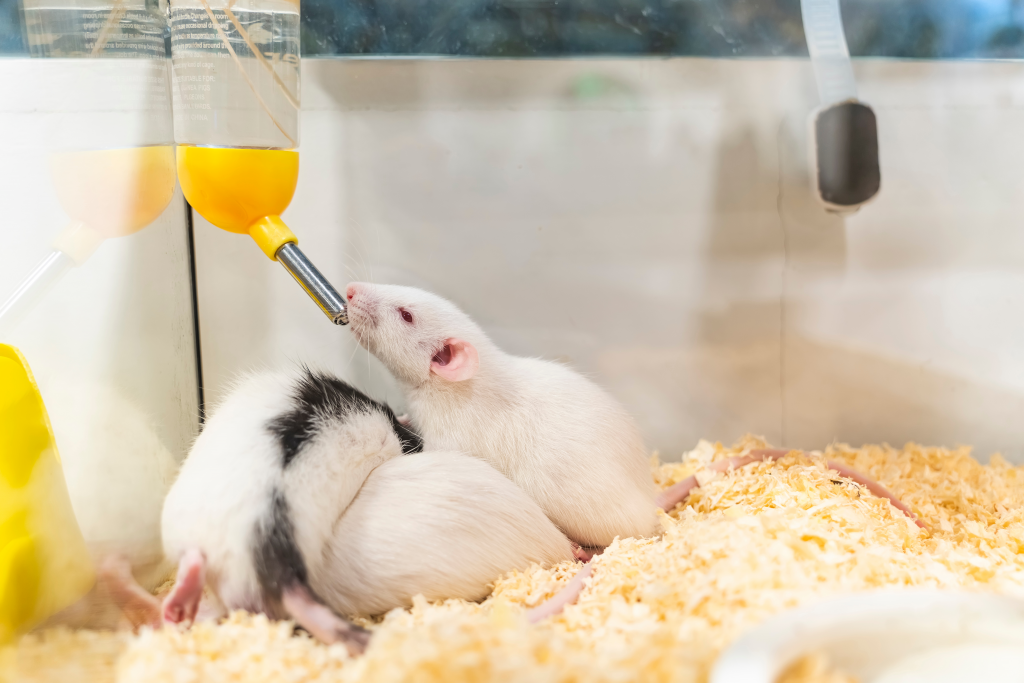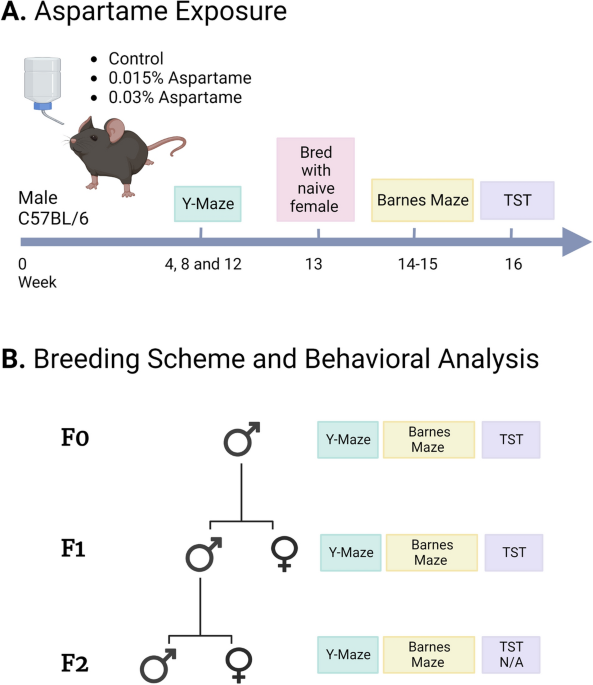NotHardUp1
What? Me? Really?

Memory Deficits Linked to Aspartame May Be Heritable, Study Says
A new study reveals that aspartame may have negative effects on memory skills in mice, with potential hereditary implications.

Learning and memory deficits produced by aspartame are heritable via the paternal lineage - Scientific Reports
Environmental exposures produce heritable traits that can linger in the population for one or two generations. Millions of individuals consume substances such as artificial sweeteners daily that are declared safe by regulatory agencies without evaluation of their potential heritable effects. We...
Yesterday, I bought a bottle of collagen supplements from Costco. Today, as I opened the bottle, I read the side panel and saw the 20 or so components of the tablets. Among them, I saw large quantities of aspartic acid and phenylalanine. Both are naturally occurring, and both are key components of Aspartame.
So, I returned to the web to again read up on Aspartame and memory studies. Over 20 years ago, I discovered I am among those who have memory impairment after consuming Aspartame. The confusing aspect is that I consume a high protein diet, so must be getting natural phenylalanine and as I do. But, Aspartame is an engineered molecule, using methyl. When the molecule is broken down in the gut, the only three components entering the bloodstream are the aspartic acid, the phenylalanine, and methanol.
I've never been a drinker, other than polite social drinking, so maybe it's the methanol affecting me. I'm not a biochemist, so I don't know.
But, the articles I came across had some pretty interesting, fairly new data on the memory issue. When the diet sweeteners were screened by FDA and other agencies in other countries, it was checked primarily for carcinogenic effects, which are not there. But, memory impairment is more subtle.
The most amazing implication of the study described in the article is that the impairment is passed on to offspring through the father's genes. Whereas the study indicates long-term memory remained intact in the consuming rats, the ability to learn and retain was the big problem. So, passing on that deficiency would impair the offspring's ability to learn, and those offspring don't have the long-term memory laid down beforehand.
Although the impairment took a few weeks to evince, the effects remained for as much as twelve weeks after final consumption.
Taking a huge leap conclusively, it's theoretically possible that weight-obsessed, diet-intensive parents may be causing learning disabilities in their children, which could explain a lot about American society today. A crude way of putting it woule be stupid kids come from fat folks. That's not a rule, a law, or a fact, just a possibility due to our chemical era.
Possible?





